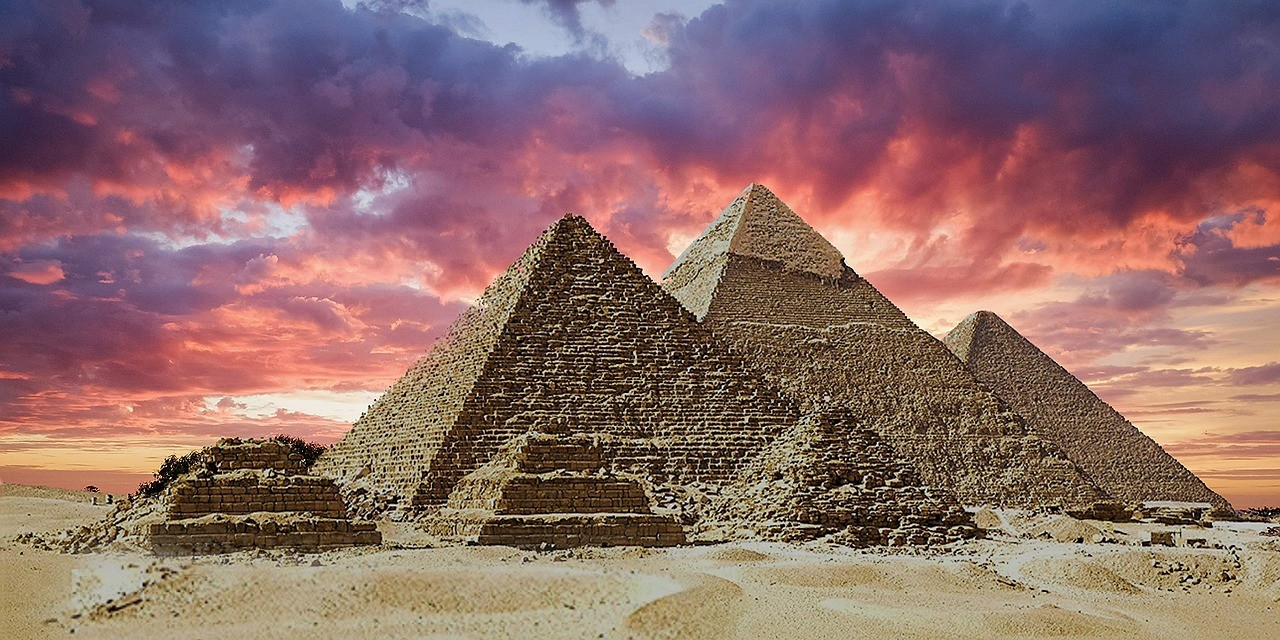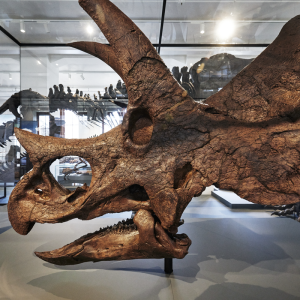Did Nikola Tesla know the secrets of ancient Egyptian energy production?
The ancient Egyptian pyramids are some of the most fascinating structures in the world. Built over 4,500 years ago, they were constructed with incredible precision and engineering skill that still amazes us today. While many theories have been proposed about how they were built, some researchers believe that the pyramids may have been more than just tombs for pharaohs. They may have also been part of a sophisticated power grid that harnessed hydrogen as a fuel and transmitted electricity wirelessly through obelisks.

The idea of the pyramids as a power plant was first proposed by British author Christopher Dunn in his book “The Giza Power Plant” in 1998. According to Dunn, the Great Pyramid of Giza was actually a machine that used hydrogen to produce electricity. He argues that the pyramid’s internal chambers and passages were designed to produce a chemical reaction that generated hydrogen gas, which was then used to power an electrical generator.
Dunn’s theory has been met with skepticism by some researchers, who argue that there is no evidence that the ancient Egyptians had the technology to produce or use hydrogen as a fuel. However, recent studies have shown that ancient Egyptian artisans were capable of creating hydrogen gas using a simple chemical reaction involving iron and vinegar. This suggests that the ancient Egyptians may have been more advanced than we previously thought.
Another aspect of the pyramid power plant theory is the idea of wireless electricity transmission through obelisks. Obelisks were tall, slender pillars that were commonly used in ancient Egypt as monuments and landmarks. According to some researchers, obelisks may have also been part of a power grid that transmitted electricity wirelessly from the pyramids to other locations.

One of the most famous obelisks in the world is the Luxor Obelisk, which was originally erected in Egypt in 1836 BC. In 1833, the French government acquired the obelisk and transported it to Paris, where it still stands today. Some researchers believe that the obelisk was originally part of a power grid that transmitted electricity from the pyramids to the Temple of Luxor, which was located several miles away.

While the idea of the pyramids as a power plant and obelisks as wireless electricity transmitters is still controversial, it is a fascinating theory that has captured the imagination of many researchers and engineers. If true, it could revolutionize our understanding of ancient engineering and provide new insights into how we can harness clean, sustainable energy sources in the future.
In conclusion, the ancient Egyptian pyramids are more than just impressive tombs for pharaohs. They may hold the key to unlocking the secrets of a sophisticated power grid that harnessed hydrogen as a fuel and transmitted electricity wirelessly through obelisks. While this theory is still controversial, it is an exciting area of research that could have profound implications for our understanding of ancient engineering and our ability to power the future with clean, sustainable energy sources.






